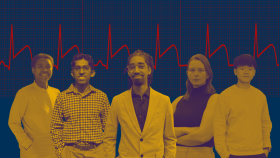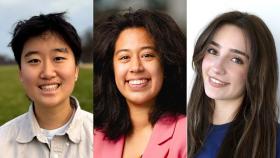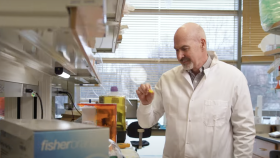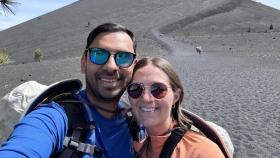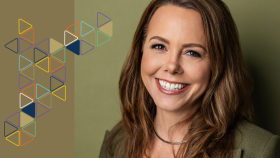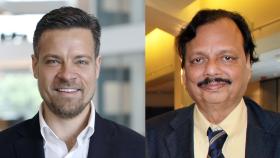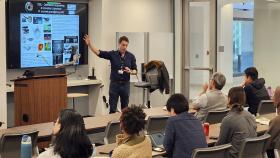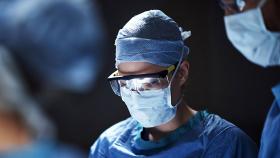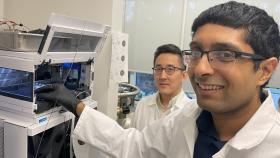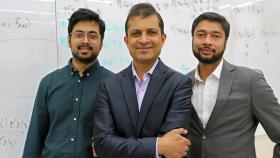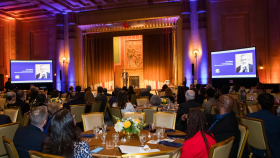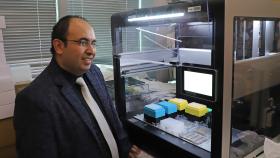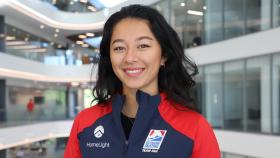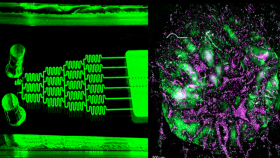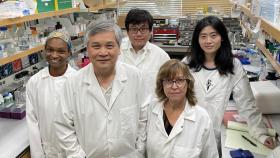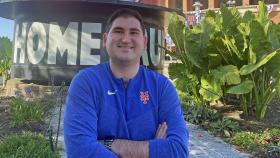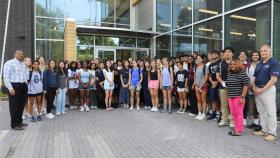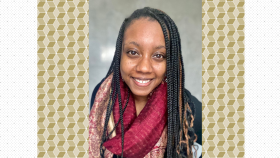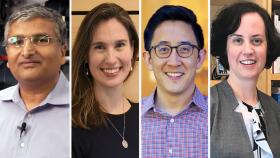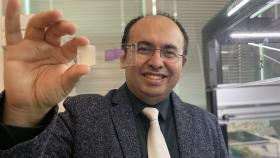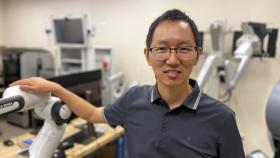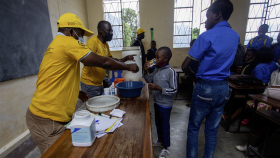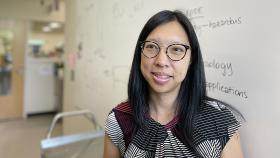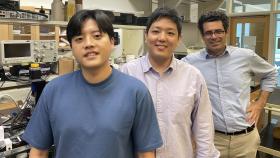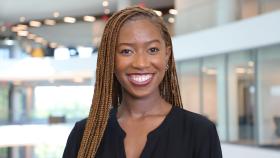Coulter Department News
In this edition of Ferst Exchange, Coulter BME's Aniruddh Sarkar explains the science.
Georgia Tech researchers uncover the role of lateral inhibition in enhancing contrast and filtering distractions, with implications for neuroscience and AI.
Graduate BME students are tackling heart disease and training to become leaders and innovators in cardiovascular research
BME undergrad is first student from Coulter department and one of three from Georgia Tech to earn aerospace honor
Coulter BME researchers develop 3D-printed, bioresorbable heart valve, potentially eliminating the need for repeated surgeries.
The 2007 BME alum will lead efforts to bring medical technologies to market.
BME graduate leveraging Coulter experience to bridge continents and inspire students
Seven other Faculty Members from Coulter Department Named to Fall 2024 Honor Roll
Researcher Michaël Girard delivers eye-popping presentation at BME Seminar Series
Anant Madabhushi part of Emory team awarded up to $17.6 million to innovate surgery, improve outcomes
BME researchers combine precision and simplicity in transforming diagnostic tools.
Researchers demonstrate stem cell treatment without chemotherapy and painful bone marrow procedure
BME researchers explore the critical role of mechanical force in rare genetic disorder
Researchers develop spatial transcriptomics toolkit that provides new insights into the molecular processes of life
Air Detectives take top prize to give department three straight victories in Expo competition
Coulter BME community gathers at the Fabulous Fox to celebrate anniversary of unique public-private partnership
Coskun pioneering new research area and building a company around iseqPLA technology
BME undergraduate student and competitive skater Sierra Venetta has found success on and off the ice
BME researcher Ankur Singh using new technology to uncover weakened response in cancer patients
Research team led by BME's Cheng Zhu probes the underlying mechanisms of PD-1 checkpoint inhibitor therapy
Georgia Tech grad reflects on his rookie season as a biomechanics engineer with the New York Mets
First-year students learned about the resources and support they could access during their college journey in BME.
BME assistant professor using Sloan Scholars Mentoring Network seed grant to support her lab's work
Coulter Department honors Jaydev Desai, Melissa Kemp, Gabe Kwong, and Johnna Temenoff
Biomedical engineer will present groundbreaking mapping tool aimed at drug resistant cancers at BMES Annual Meeting
BME researcher Yue Chen using NSF CAREER Award to develop MRI-safe surgical robot
Emory-Georgia Tech team develop new tools to address parasitic infection that affects 250 million people in 78 countries
When we lose our vision, does our hearing get stronger? Ming-fai Fong is trying to find out, while enhancing lives through community-driven research
COAST, developed in Coulter BME, improves surgical precision for procedures like angioplasty.
New research offers therapeutic hope for patients battling conditions like brain cancer or Alzheimer’s disease.
This fellowship supports Franklin's research into lupus in minority communities.



